Home » 2020
Yearly Archives: 2020
Trade in Ideas Program: Start-up Phase
The 5th meeting of the informal team of the trade in ideas program took place today, October 30, at WTO.
The purpose of the program is to leverage the human capital formation of especially developing nations through markets in patents. The goal is to reduce risk and uncertainty in such markets for inventors so they can thrive. This is an institutional issue.
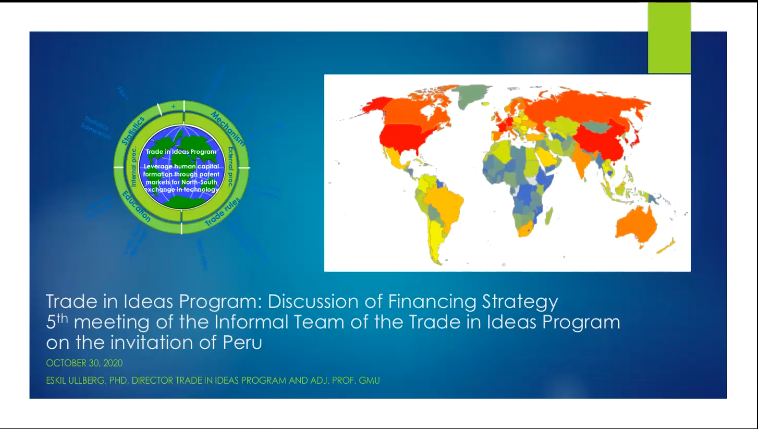
The purpose with the 5th meeting was to discuss the start-up phase following the successful completion the pilot-phase in January. This phase will establish the “infrastructure”: improving market efficiency, creating statistics on trade flows in ideas and performing field experiments to test out cross-border trade rules. Later stages will also include education programs of the next generation of managers.
Peru invited to the meeting and in an opening communication expressed confidence in the economic soundness of the program and especially stressed the focus on the facts based applied research approach of the program to better understanding the actual markets in cross-border patent licensing and transfers, the actors, and other issues. Peru also commented on the interdisciplinary nature of the program and the broad team that had been created across ministries and agencies to carry out the pilot-study and is now ready to carry out a planned workshop with the Pacific Alliance countries to do a “field experiment”. Cameroon, who joined the informal group on Oct 23, proposed to write a memorandum of understanding (MOU) between the countries interested in the program. The representative also pointed out that is was important to “be part of the solution”, not only wait for technology to come from abroad. Mexico, who was new to the team, will investigate how to involve the technical cooperation between the Pacific Alliance countries, and then consider possible further steps. The senior policy advisor from the ministry of trade in Kenya joined on-line and pointed at Kenya as a “hub for inventions” and continued dialogue with the program. The Dominican Republic stressed the cooperative nature of the program and how inventors could benefit from external partners, and much was to learn.
A second part involved funding strategies for the start-up phase, after Sweden’s funding of the pilot-phase has ended. Two main strategies were discussed: A regional approach, thus regional cooperation funding for regional field studies, and an “outreach group” to approach interested countries.
A follow-up meeting to move on particular projects and funding is planned for December 10, 2020.
The PPT from the meeting can be found here.
For further information on the program and interest to join the informal team please contact by mail at: eskil@ullberg.biz.
Economic efficiency of patent markets: SEP licenses under FRAND conditions
A long-standing principle of patent systems is that the patent holder can decide whom to license based on the field-of-use and what to ask, creating a mechanism to price differentiate, that is, to charge different prices for the same patented technology, depending on the value of its use.
Such a mechanism allows the patented technology to be distributed (allocated) through markets to a maximum number of competing and non-competing users (firms), at prices based on the (risky and uncertain) value of their future use (in new innovations), adding to the revenues (and likely profits) of inventors.
We examine this principle by means of a literature review and discuss, both in a short-run static and a long-run dynamic setting, the economic efficiency of such price differentiation (price ‘discrimination’ in the economic literature) by field-of-use with respect to licensing contracts concerning patents essential to a standard,2 that is, Standard Essential Patents (SEPs) on Fair, Reasonable and Non-Discriminatory (FRAND) terms and conditions.
Article ref.: Ullberg, 2019, Economic efficiency and field-of-use pricing of SEP licences under FRAND terms, Queen Mary Journal of Intellectual Property, Vol. 9 No. 4, pp. 392–413
DOI:https://doi.org/10.4337/qmjip.2019.04.02
Also available at: 4iP Council’s web page.
Abstract
This article is concerned with the producer market in patented technology, and whether price differentiation based on field-of-use – a common strategy adopted by businesses with high fixed costs – is economically efficient. The focus is on the licensing of Standard Essential Patents (SEPs) on Fair, Reasonable and Non-Discriminatory (FRAND) terms and conditions, including also the Internet of Things (IoT) applications, and the economic growth in the digital economy, especially for small and medium sized enterprises (SMEs). The central argument proposed is that the absolute difference in the value between usages of essential standardized technologies determines whether a single price for all usages or specific field-of-use prices are economically efficient. A small difference in value should result in a single price and a large difference in different prices. Pricing policy is critical to create a world-wide sustained technology development including contributions from, and applications for, emerging markets and developed markets, thereby growing the digital economy.
In this literature review, three evaluation angles of the literature are used: a market analysis under neo-classical assumptions of price-taking agents and marginal (incremental) value; an expanded market analysis where the willingness to pay (WTP) replaces marginal cost as criteria for what price should be paid for licences; and an analysis of market designs with similar characteristics as the SEP market in terms of risk, using experimental economics (behavioural) and auction theory. All analyses angles investigate the principle of field-of-use licensing, established already in the first known patent law in 1474.


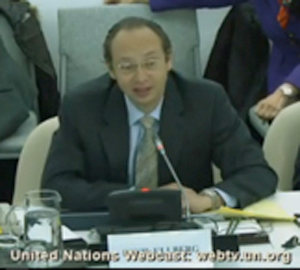






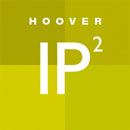
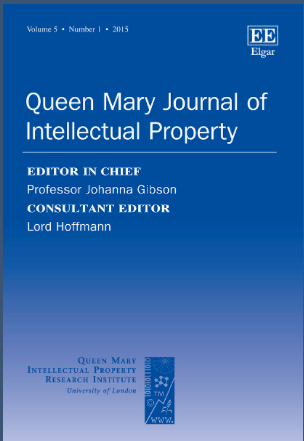
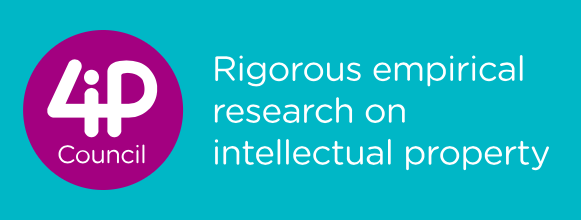







Recent Comments